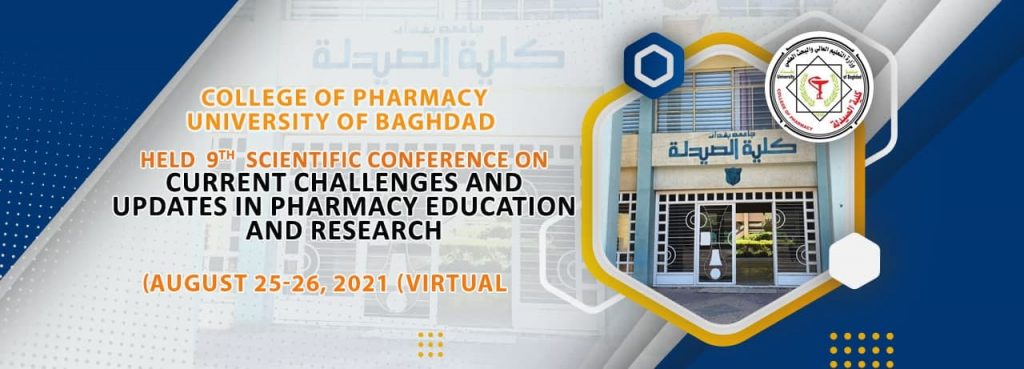Abstract
Rationale, aims and objectives: Little is known about hesitancy to receive the
COVID-19 vaccines. The objectives of this study were (1) to assess the perceptions
of healthcare workers (HCWs) and the general population regarding the COVID-19
vaccines, (2) to evaluate factors influencing the acceptance of vaccination using the health belief model (HBM), and (3) to qualitatively explore the suggested intervention strategies to promote the vaccination.
Methods: This was a cross-sectional study based on electronic survey data that was
collected in Iraq during December first-19th, 2020. The electronic survey was
designed using Qualtrics. HBM was followed to develop the survey items. A regression
analysis was used to identify factors influencing people accepting vaccination.
Thematic analysis for participant comments to an open-ended question.
Results: A total of 1680 completed surveys were received. The mean age of 31.2
± 9.9 years, 53.0% were female and 47.0% were male. The largest group was HCWs
(45.7%), followed by the general population (37.5%) and health college students (16.8%). Our findings expressed some hesitancy to receive the COVID-19 vaccine with the acceptance
rate of 61.7%. The HCWs perceived significantly higher susceptibility and severity of the
COVID-19 infection compared to the general population. The HCWs were significantly
more likely than the general population to receive COVID-19 vaccine. Concerns with
proper storage were the biggest barrier to vaccine receipt. The regression analysis indicated
eight factors that were significantly associated with the willingness to receive the COVID-19 vaccine: Preventive measures, perceived benefit, perceived barriers, cue to action, subjective
norm, supportive of vaccination in general, and having received a flu vaccine before.
Conclusions: An awareness campaign can focus on enhancing the vaccine perceived
benefit, debunking misconceptions, and increasing the disease's perceived severity.
Additionally, public health leaders need to minimize the perceived barriers by
providing the vaccines and appeasing people's concerns about their storage, effectiveness, and adverse events.



